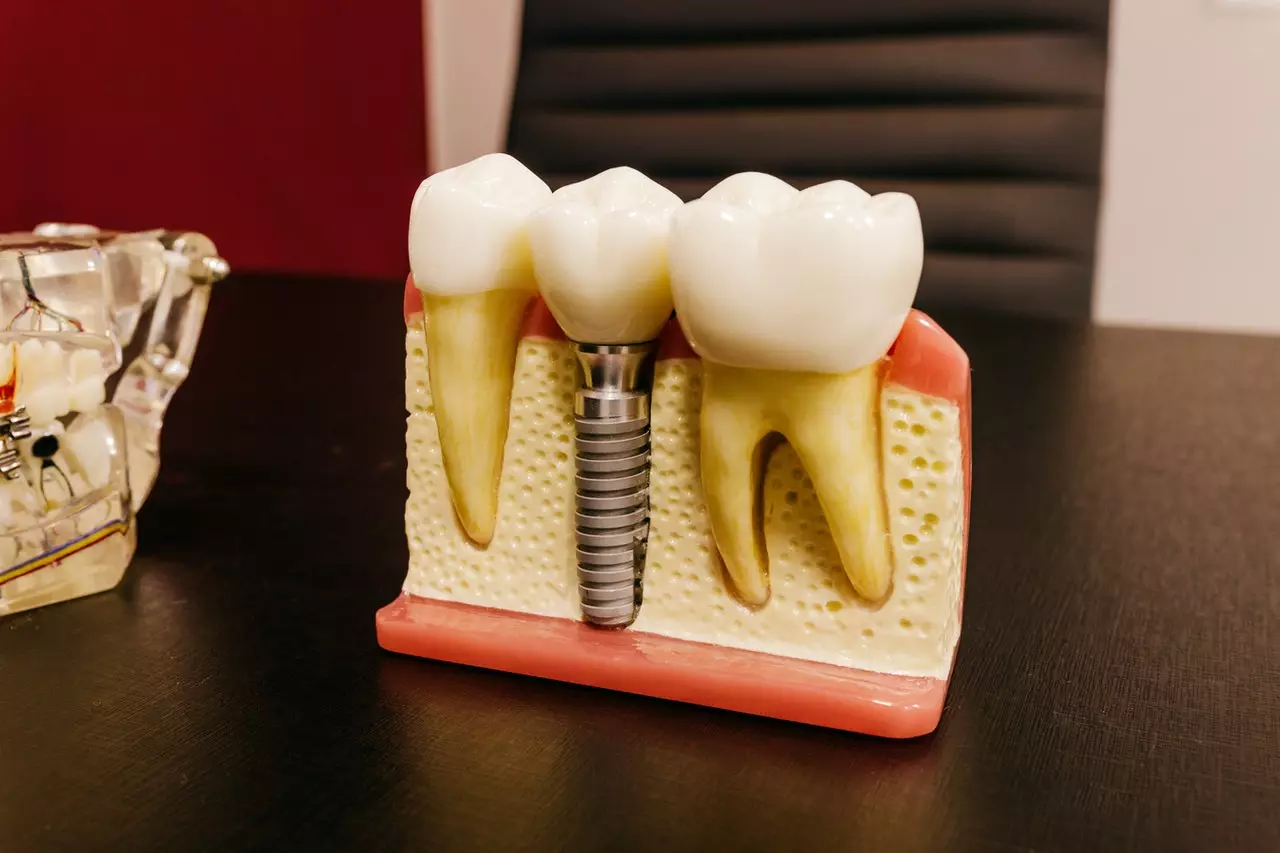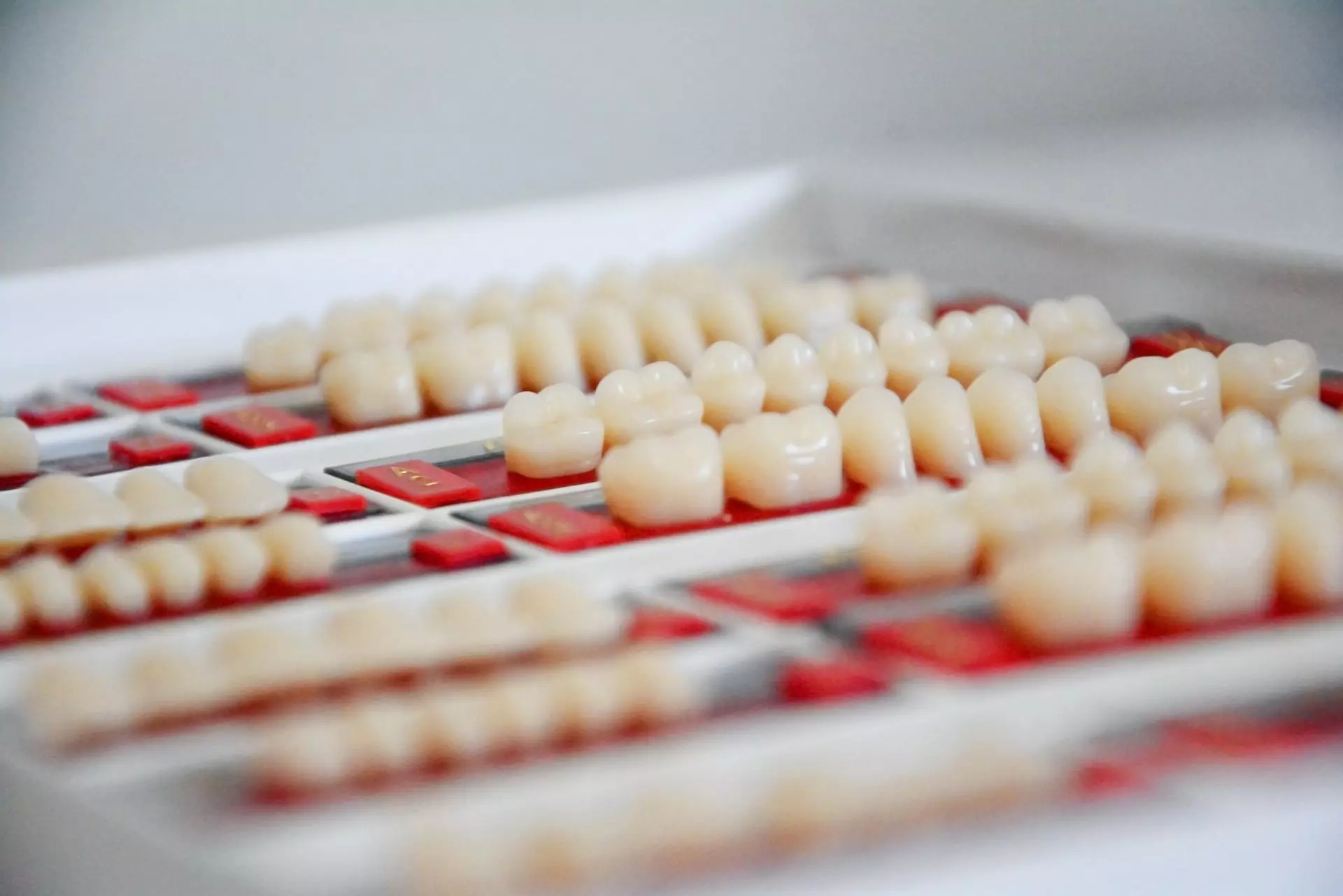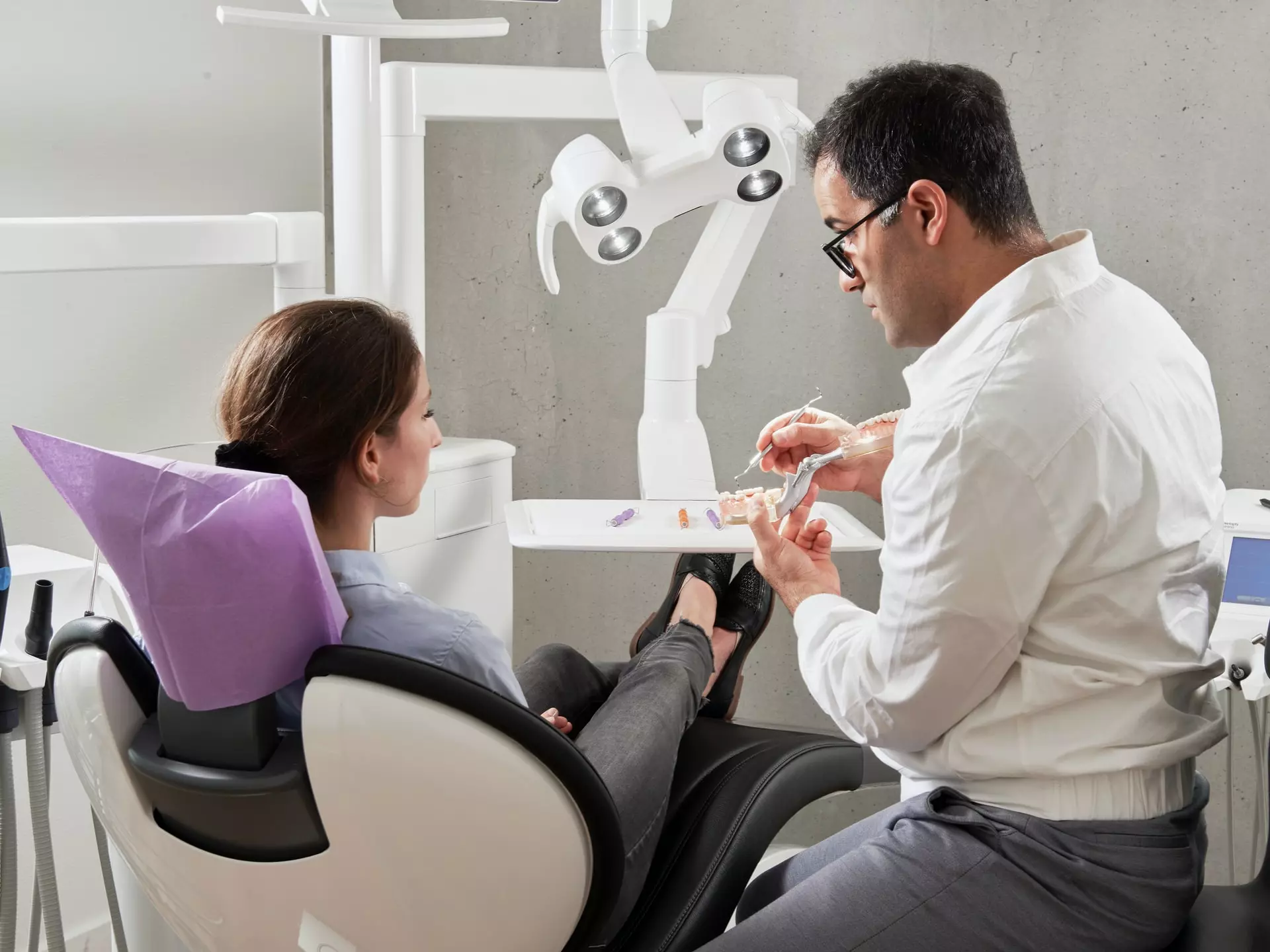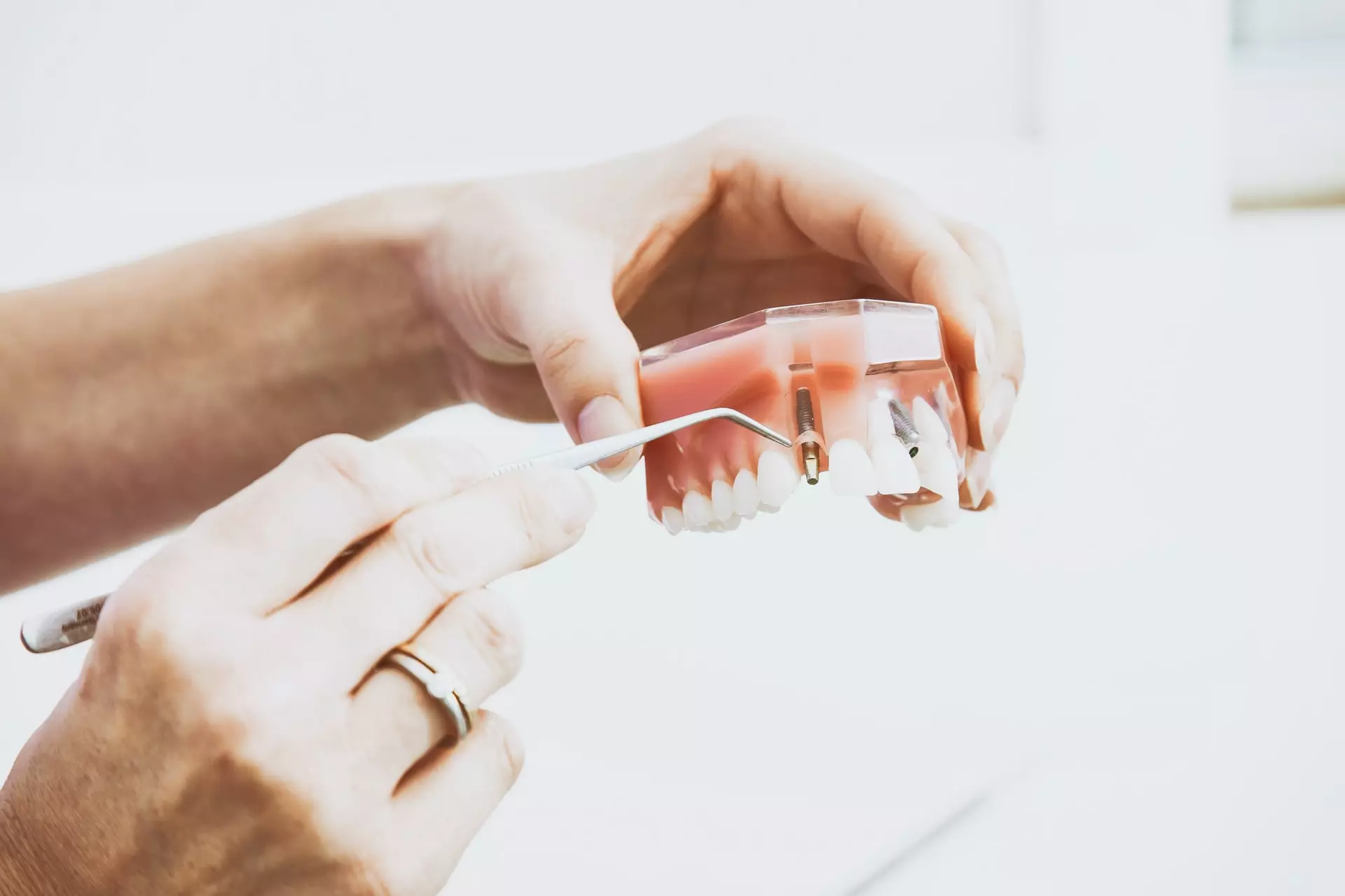 What Are Dental Implants?
What Are Dental Implants?
When you lose your natural teeth due to disease, decay, or damage, you suffer through various issues that are brought up by tooth loss. While some of these issues are immediate, others take a while before they show up. This is why it is important to replace missing teeth.
Dental implants are the perfect solution for lost teeth. With a 98% success rate, the restorative unit is also labeled a “gold standard” in the field of dentistry. Dental implants are made up of 3 parts –
The Implant Post
This is the base of the implant. Usually made of titanium, the post is placed within the jaw bone via oral surgery. Once inserted, the next step takes place after 6 to 12 weeks. During this time, the implant post fuses with the jaw bone through the process of osseointegration. This fusion ensures that the implant has a secure and stable base.
The post mimics the root of a natural tooth – making it feel just like the real thing.
The Abutment
The abutment is the central part of the implant. It is placed on top of the post and it connects the post and the false tooth.
The Tooth Replacement

This is the prosthesis that replaces the missing tooth or teeth in the oral cavity. It can either be a –
- Dental crown to replace one missing tooth
- Dental bridge to replace multiple missing teeth
- Denture to replace all teeth
What Is The Right Age For Dental Implants?

Dental implants are a fantastic option if you are missing one or more of your natural teeth. This is because they are structurally and functionally similar to natural teeth. Other advantages of a dental implant are –
- As mentioned earlier, implants replace not just the visible part of the tooth, but the root as well. This helps secure the tooth replacement much better than any other replacement option.
- Dental implants prevent the remaining natural teeth from shifting out of their positions.
- Implants restore your speaking and chewing abilities.
- They don’t require to be removed to clean.
- Implants prevent sagging of the facial muscles.
- Implants don’t tend to embarrass the patient, i.e., slip out from the mouth during speaking, eating, or sneezing.
Despite numerous fantastic benefits, not everyone can be fitted with an implant. This includes patients who are under the age of 18.
Is There A Minimum Age For Dental Implants?
The reason why kids under the age of 18 aren’t fitted with a dental implant is that their jaws aren’t fully developed. Complete jaw development is important to fix an implant and it doesn’t happen until late teenage or early adult years.
However, the age limit isn’t an absolute factor – jaw development is. To determine if a teenager might be ready for an implant, X-rays are taken to assess bone growth and development. If they appear to be sufficiently mature, your dentist might proceed with the implant process. Of course, any patient under the age of 18 requires parental permission to undergo a surgical procedure.
Interim Dental Implant Solutions For Younger Adults
A dental implant isn’t a great choice for a young adult with a developing jaw. If your dentist were to place one at this stage, it will grow out of alignment as the patient grows older. Once they’re old enough to receive an implant, they shall. In the meantime, young adults have two interim dental implant solutions –
Removable Partial Dentures
A removable partial denture, or an RPD, is a prosthetic unit with a false tooth that is set into an acrylic base. The base has a pink color to resemble gum tissue. While there are numerous types of removable partial dentures, but the one most commonly advised to teens has a false tooth surrounded in hard, pink acrylic.
This prosthetic unit is also called a “flipper”. This is because some patients find that they can flip the appliance in and out with their tongue. While you can eat with an RPD in your mouth, you have to be careful about not biting down on anything too hard. This can cause the false tooth to break off or the appliance to fracture.
The other types of RPDs have cons that outweigh the pros for this specific age group. Flexible partial dentures are made of nylon and are much more comfortable to wear and less prone to fracture. However, they can’t be adjusted as easily as a removable partial denture and are more expensive.
Dental Bridges

Dental bridges are a great option for replacing missing teeth. A traditional bridge is made up of dental crowns on either side of the space left behind by the missing tooth. These crowns support the false teeth in the center. However, traditional bridges aren’t a good choice for teens because placing a dental crown involves removing a considerable amount of the enamel. The alteration of the natural teeth is irreversible, therefore not advised to younger adults.
An alternative option is the bonded bridge. This is also called the Maryland bridge and requires very little alteration of the adjacent teeth. This dental appliance looks like a false tooth with projections on either side. The projections – which are wing-like – are bonded to the backs of the adjacent teeth. These are concealed from view.
While a bonded bride means no loss of healthy enamel, it also isn’t a very secure appliance when compared to the traditional bridge. However, with proper care, it is a great interim option until the patient can receive a permanent implant.
This replacement option costs more than a removable denture but it is the most comfortable, looks the most natural, and buys the most time.
Success Of Dental Implants In Older Adults
Dental implants – once successfully fused with the jaw bone – can last a life time with proper care. There aren’t any over-the-top instructions for caring for it. All you have to do is proper good oral hygiene, brush twice and floss once a day, and visit your dentist for regular check-ups and cleanings.
Furthermore, avoiding habits like smoking and tobacco chewing is encouraged.
To get more information on implant services at Osseo Family Dental, get in touch with us by calling (763) 425-2626.
